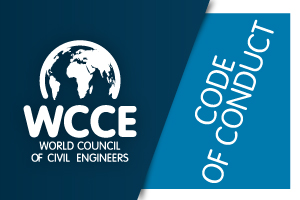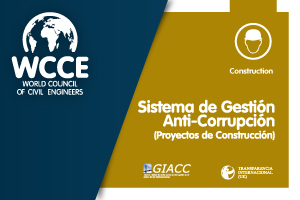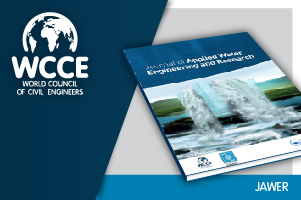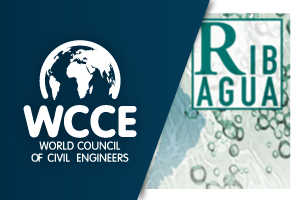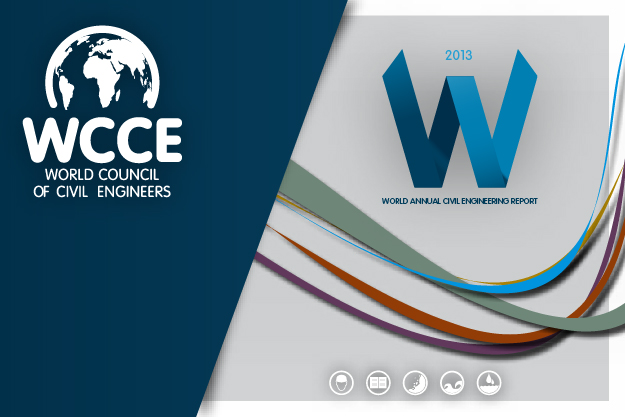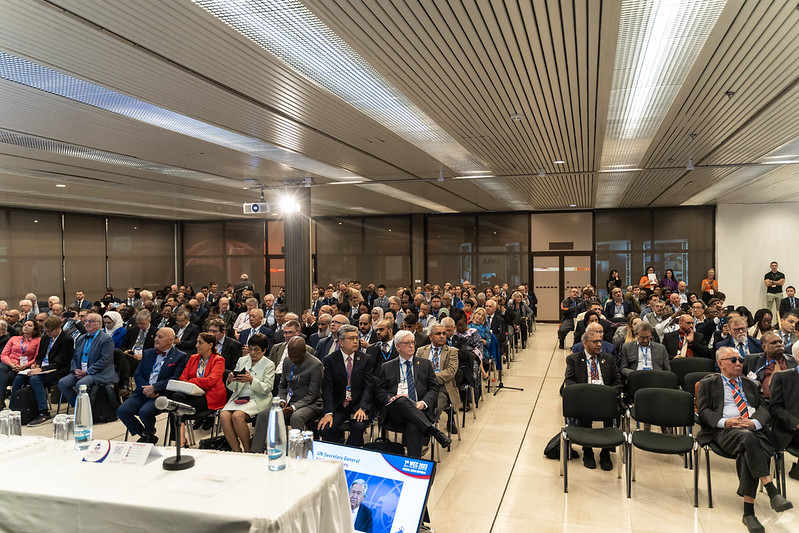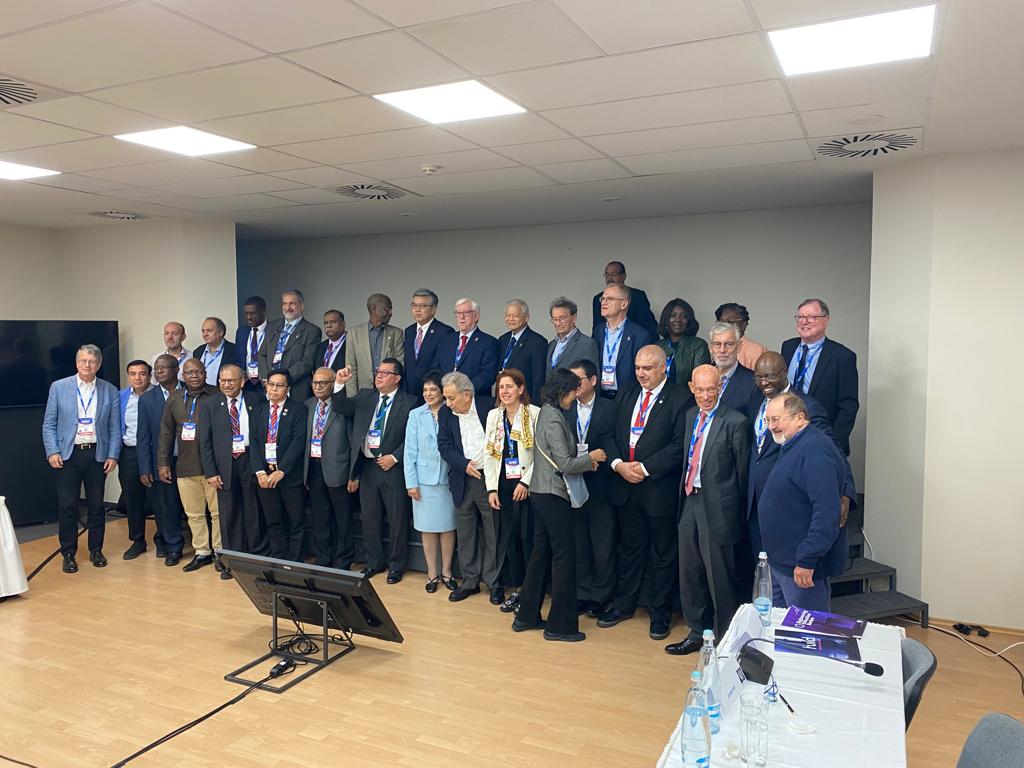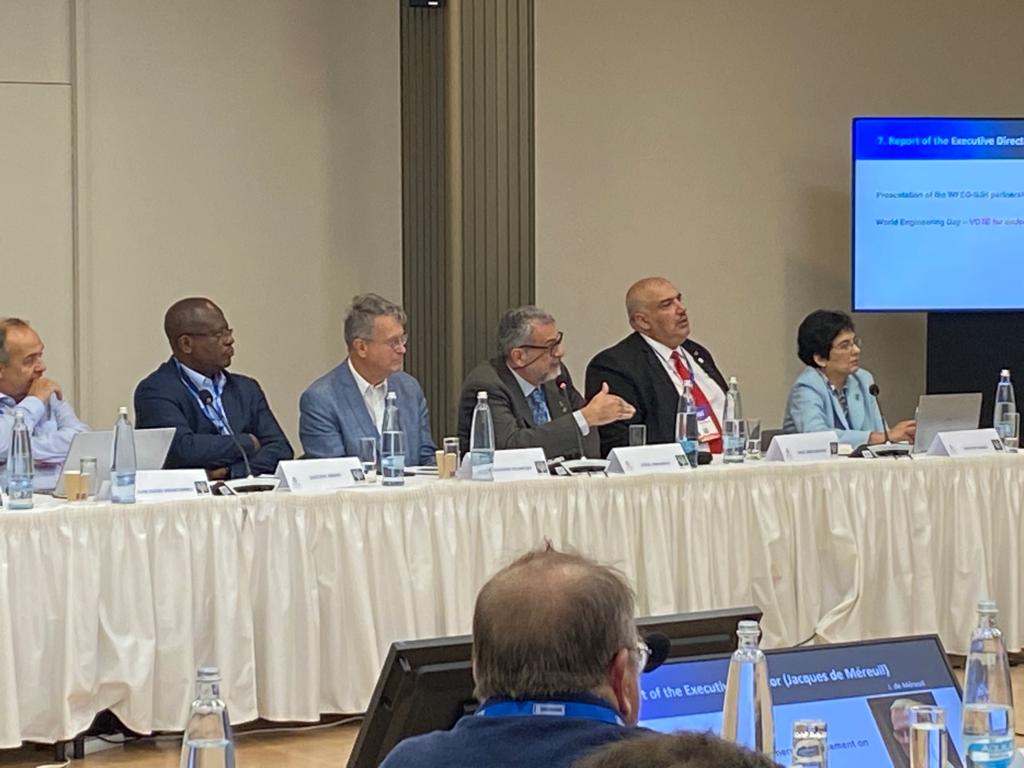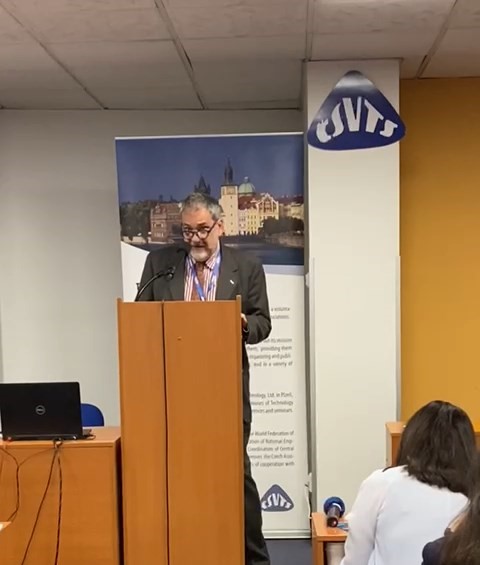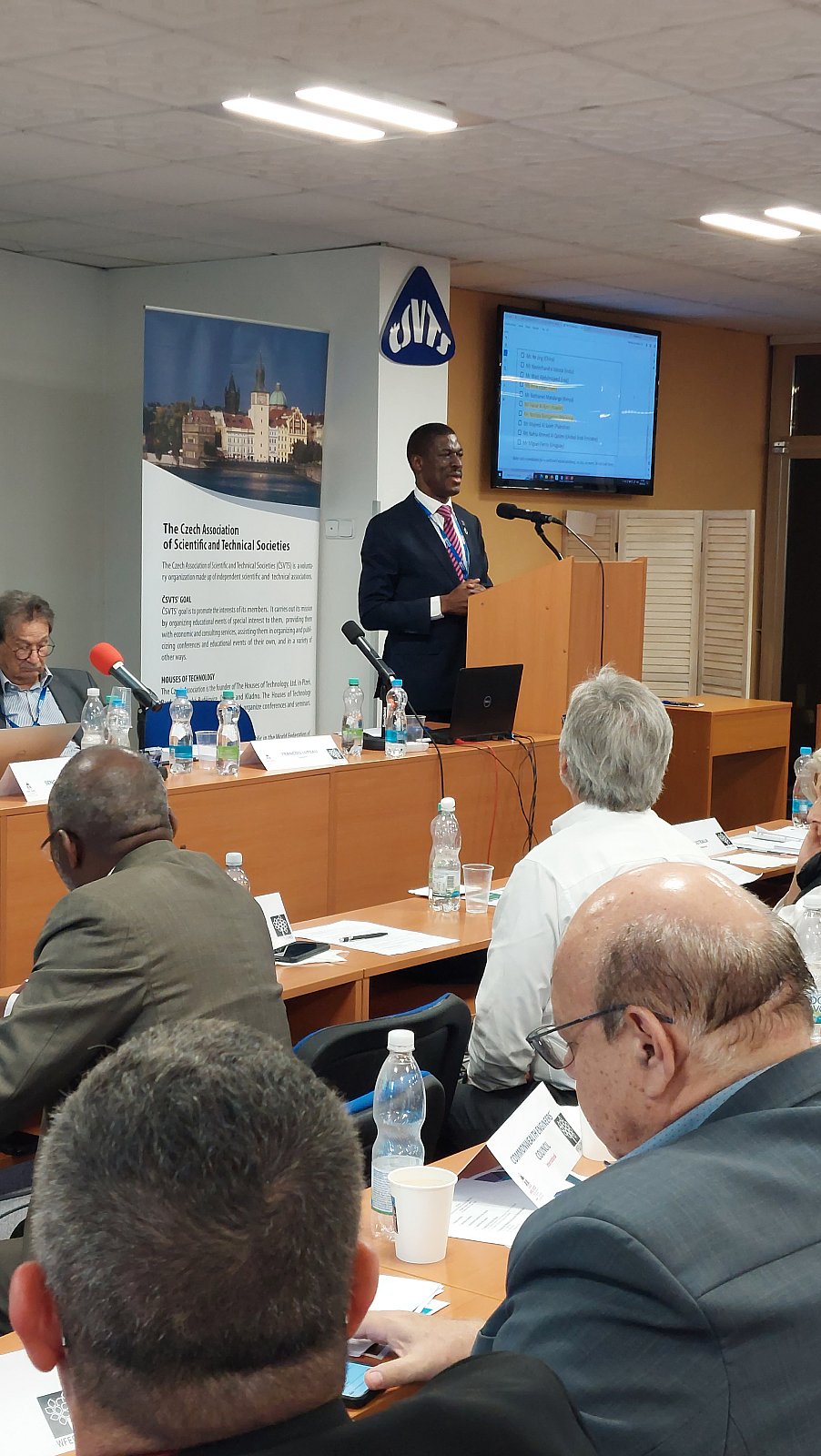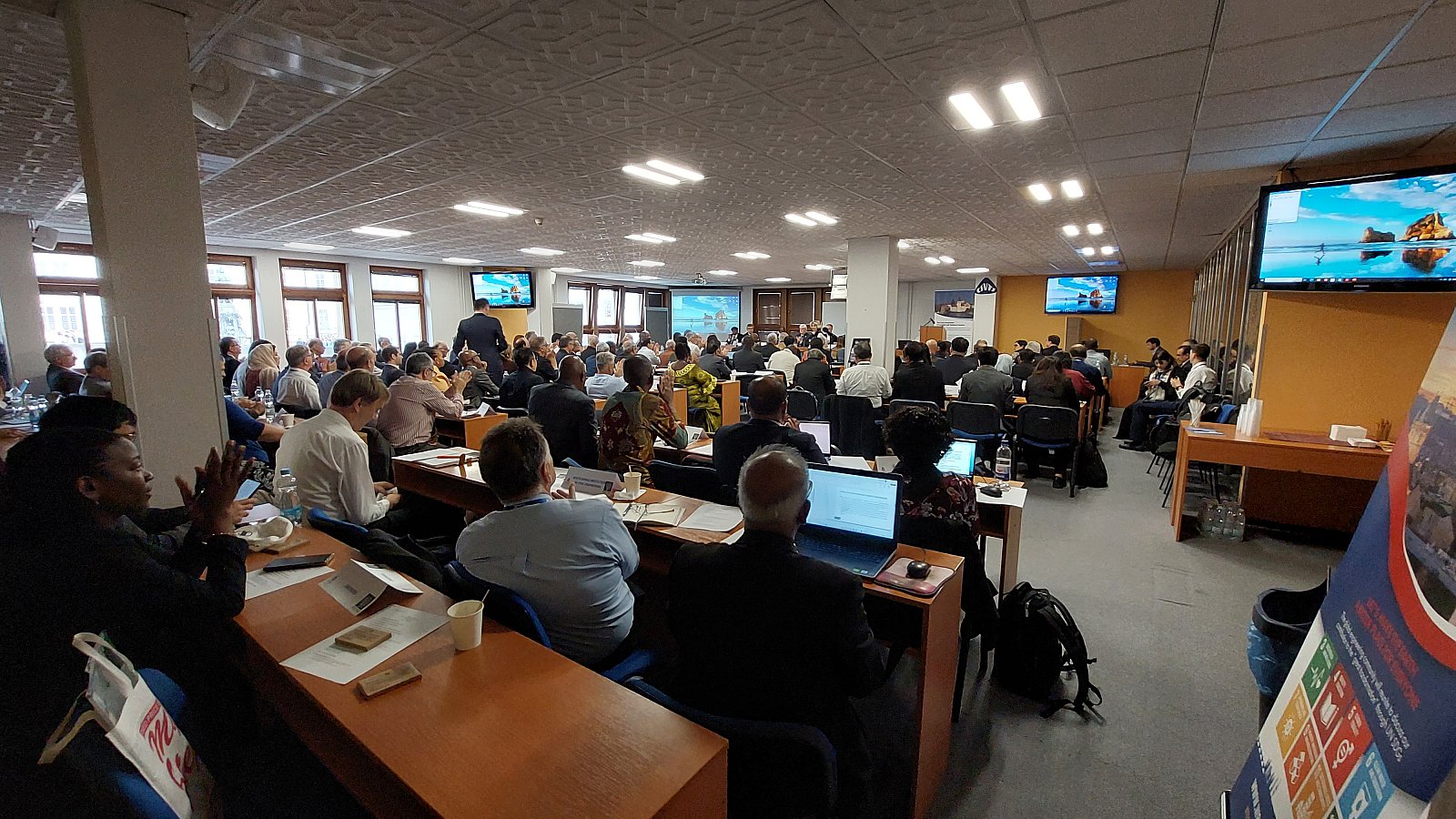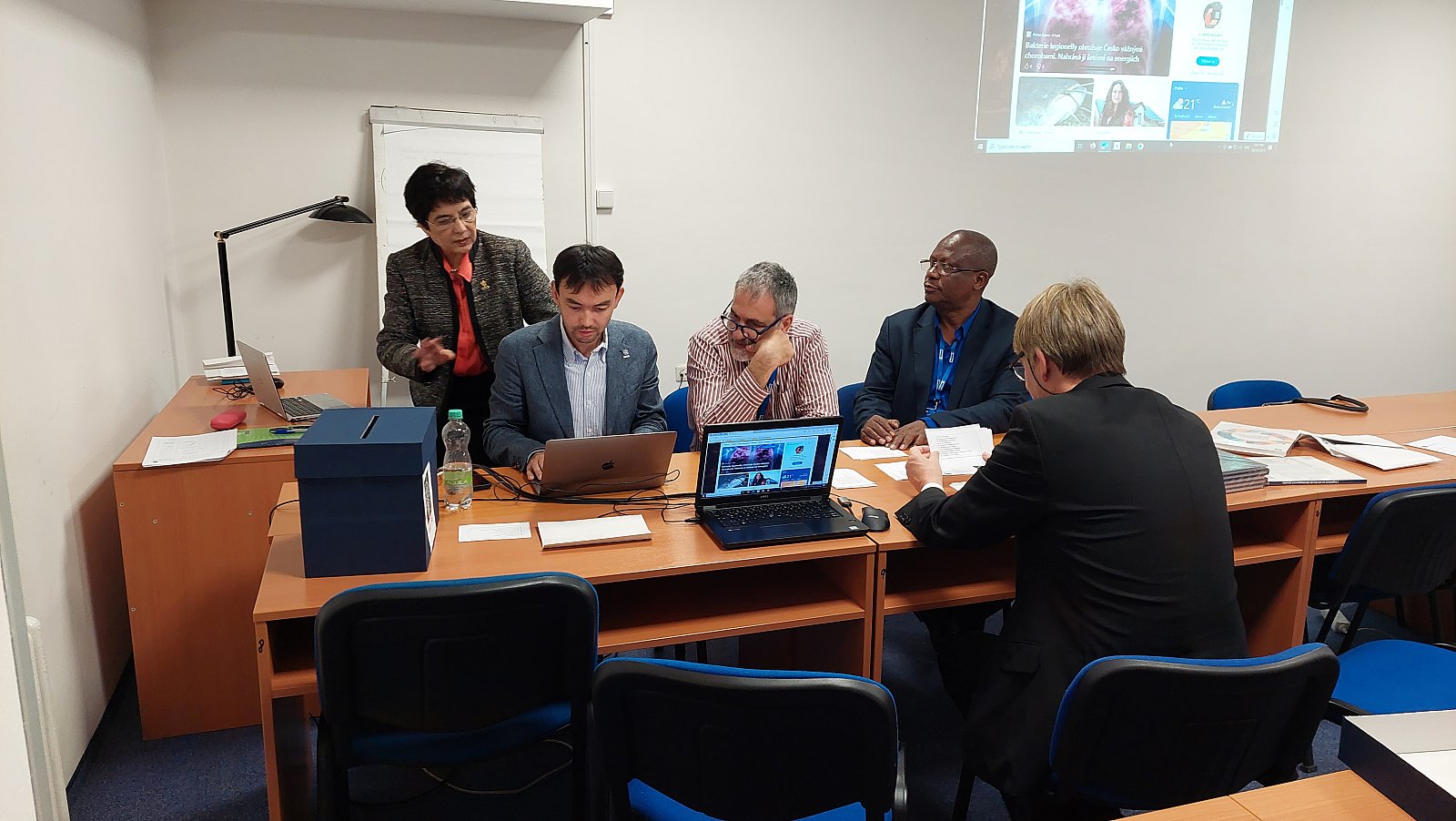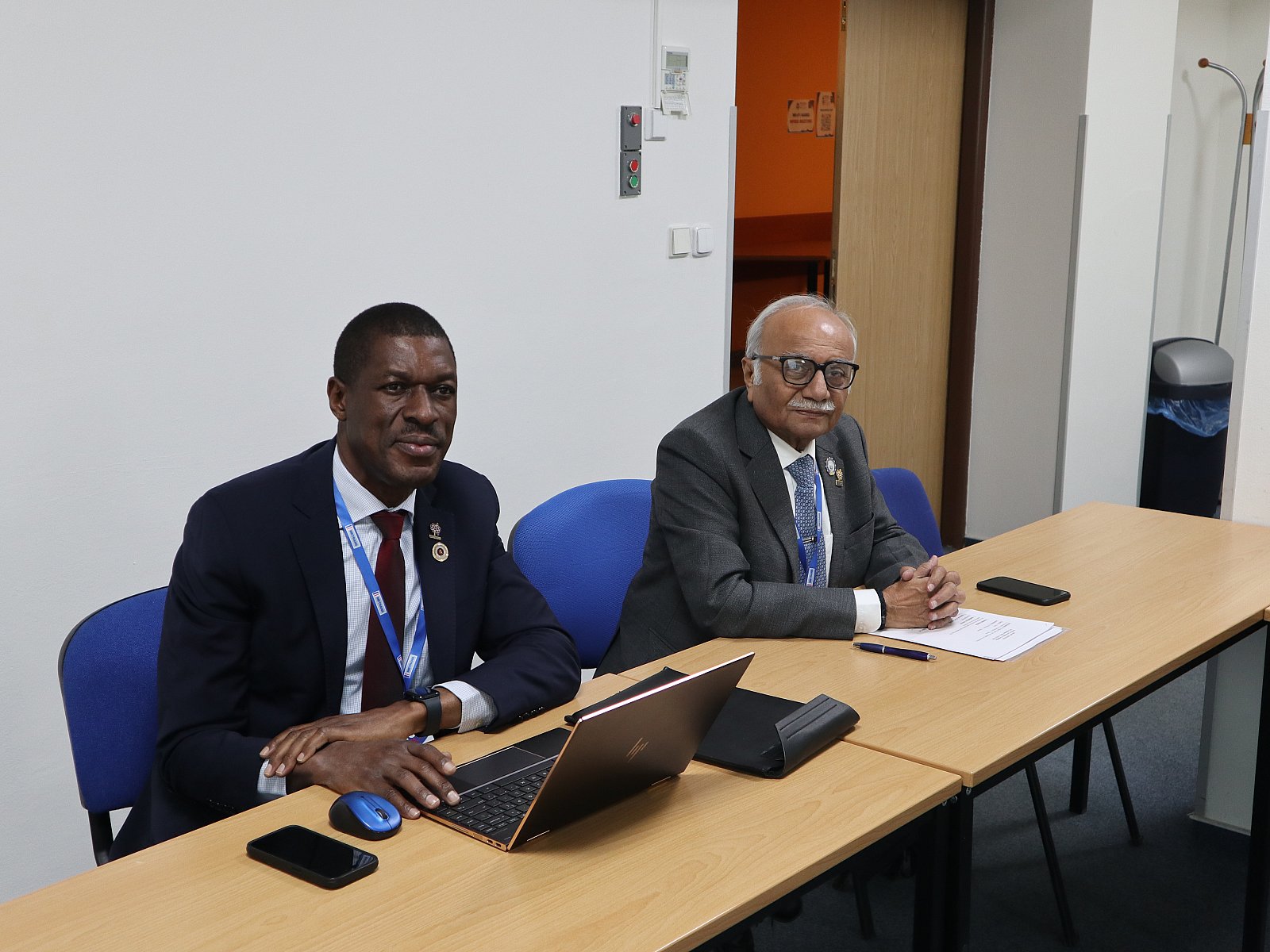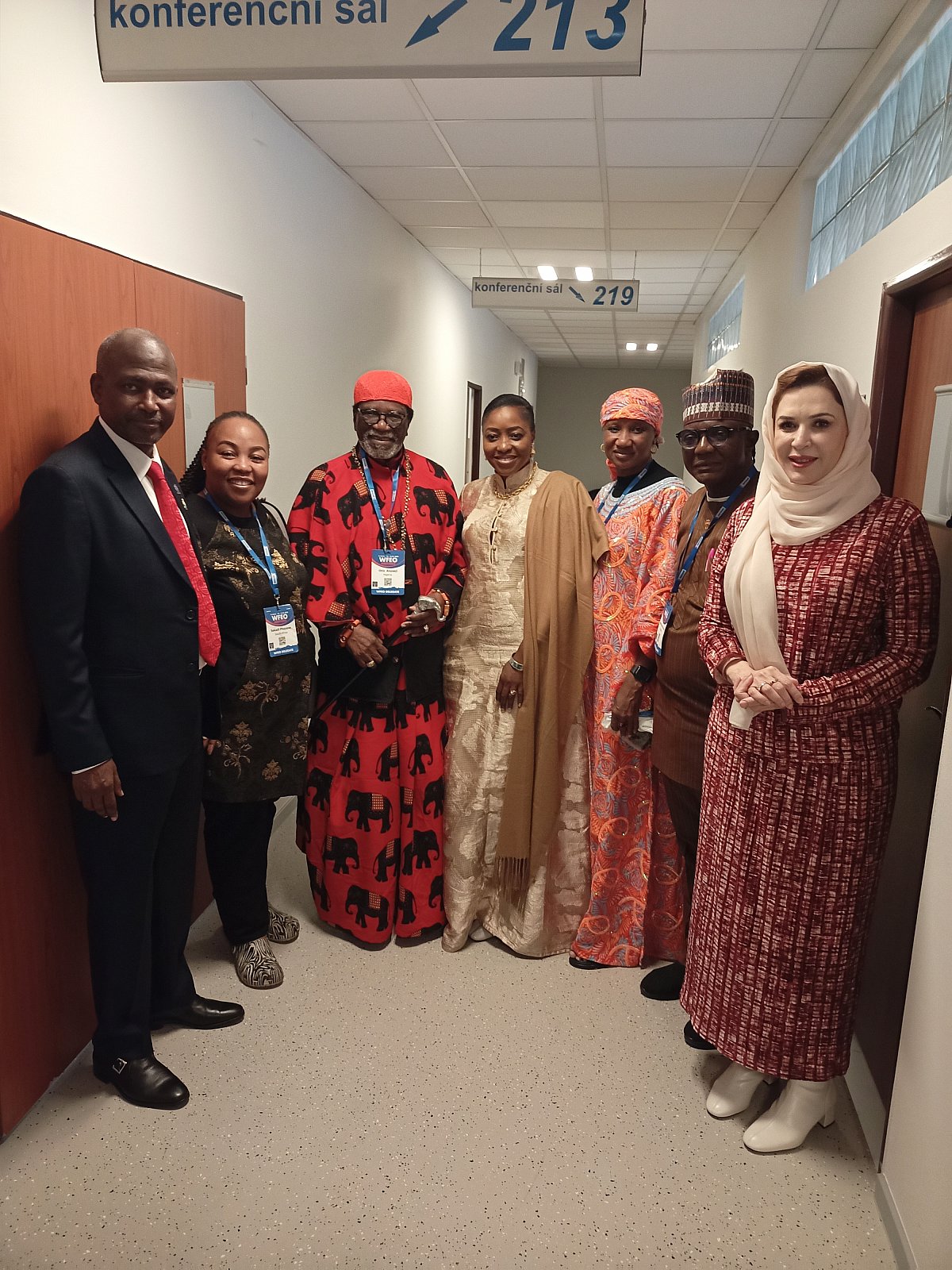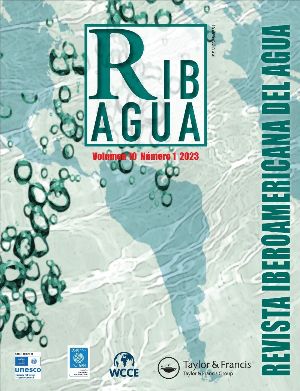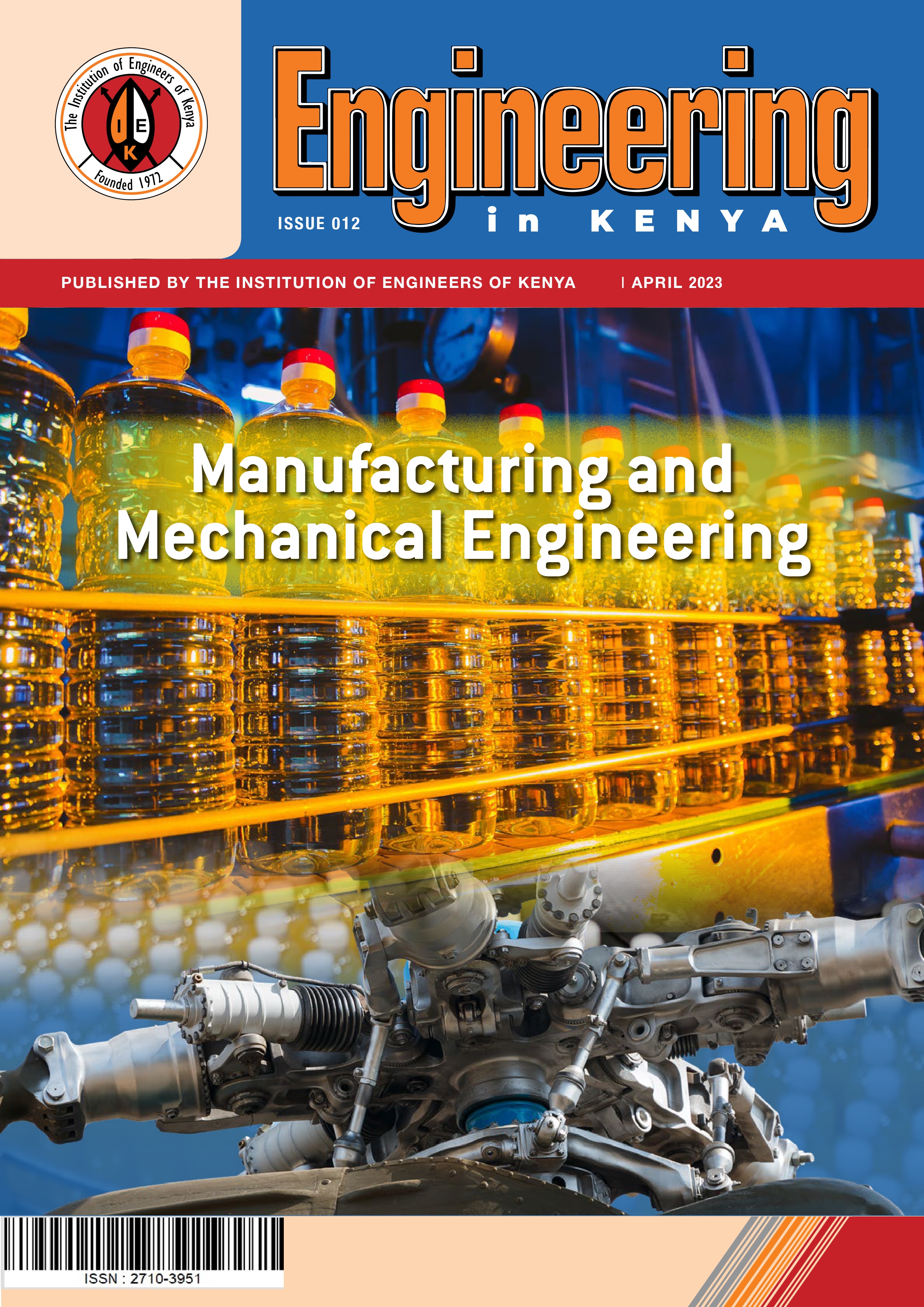 The World Federation of Engineering Organizations (WFEO) expresses its deep sympathy and solidarity with the victims of the deadly earthquake that struck Syria and Turkiye. Our thoughts are with the thousands who lost their lives and loved ones.
The World Federation of Engineering Organizations (WFEO) expresses its deep sympathy and solidarity with the victims of the deadly earthquake that struck Syria and Turkiye. Our thoughts are with the thousands who lost their lives and loved ones.
The international community of engineers shall stand by the people whose cities, villages, roads, companies and public services have been devastated. This is still the time for the emergency response, and we share our gratitude with the rescue teams and all NGOs which are active in the field of humanitarian assistance.
In such a context, WFEO supports the call from the United Nations Human Rights High Commissioner (UNHRHC) to lift the financial sanctions that prevent effective funding of emergency missions and NGOs interventions.
As stated by the UNHRHC,
“For such interventions to be effective, there is a need for an enabling environment for international cooperation and unhindered delivery of humanitarian assistance, including of food, medicines, medical equipment, and construction material, among others, as well as unimpeded financial flows to support such assistance, all of which are constrained by current sanctions regimes against countries, such as Syria. (…) It is imperative for the international community and in particular sanctioning states to undertake prompt action by putting an end to unilateral sanctions against Syria, a country deprived of critical infrastructure and in dire need of recovery and reconstruction, following the decade-long war.”
Later there will be a time for rebuilding. WFEO, especially through its Standing Technical Committee on Disaster Risk Management (CDRM), hosted by the Colegio de Ingenieros del Perú, is committed to participate in this work in collaboration with the United Nations Office for Disaster Risk Reduction (UNDRR) and UNESCO Natural Sciences sector.
After large natural disasters, it is the duty of decision makers, based on the scientific and engineering community advice, to rebuild better. Careful reflections and planning have to be made, with high-level cooperation to ensure the best level of expertise. To protect human lifes, it is as important as ever to take the integrated approach of the UN Sustainable Development Goals, when it comes to resilient infrastructures.


